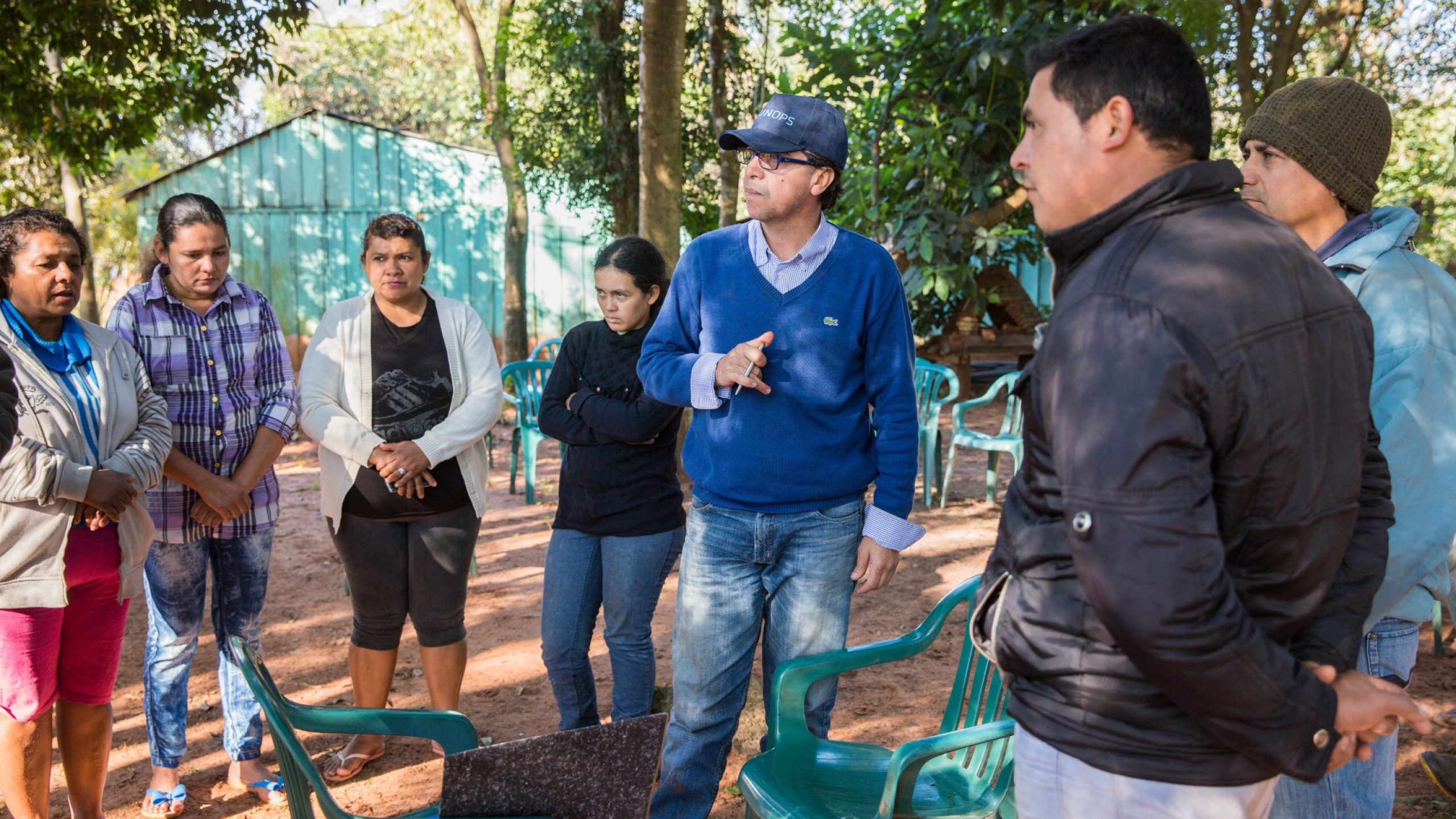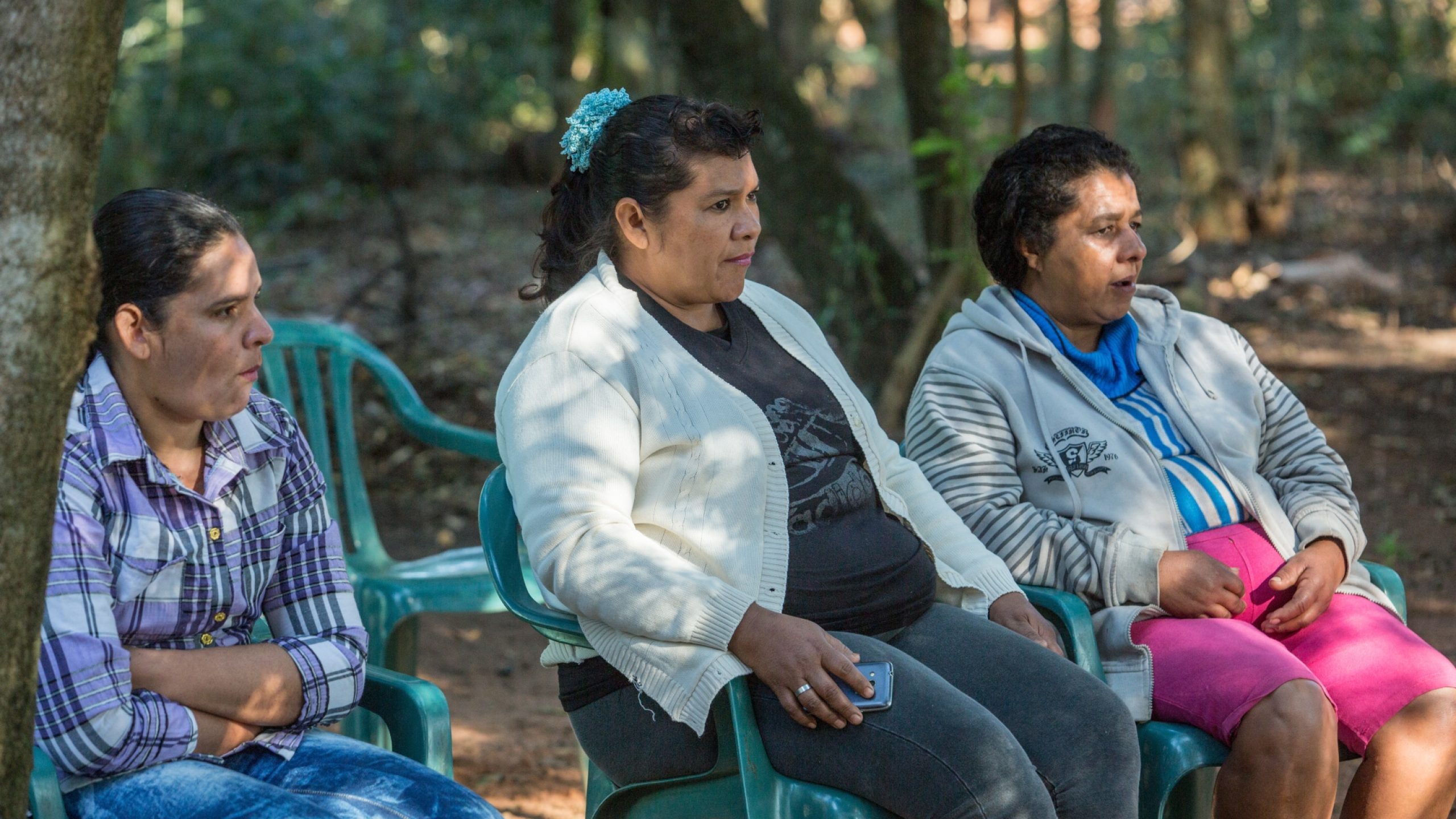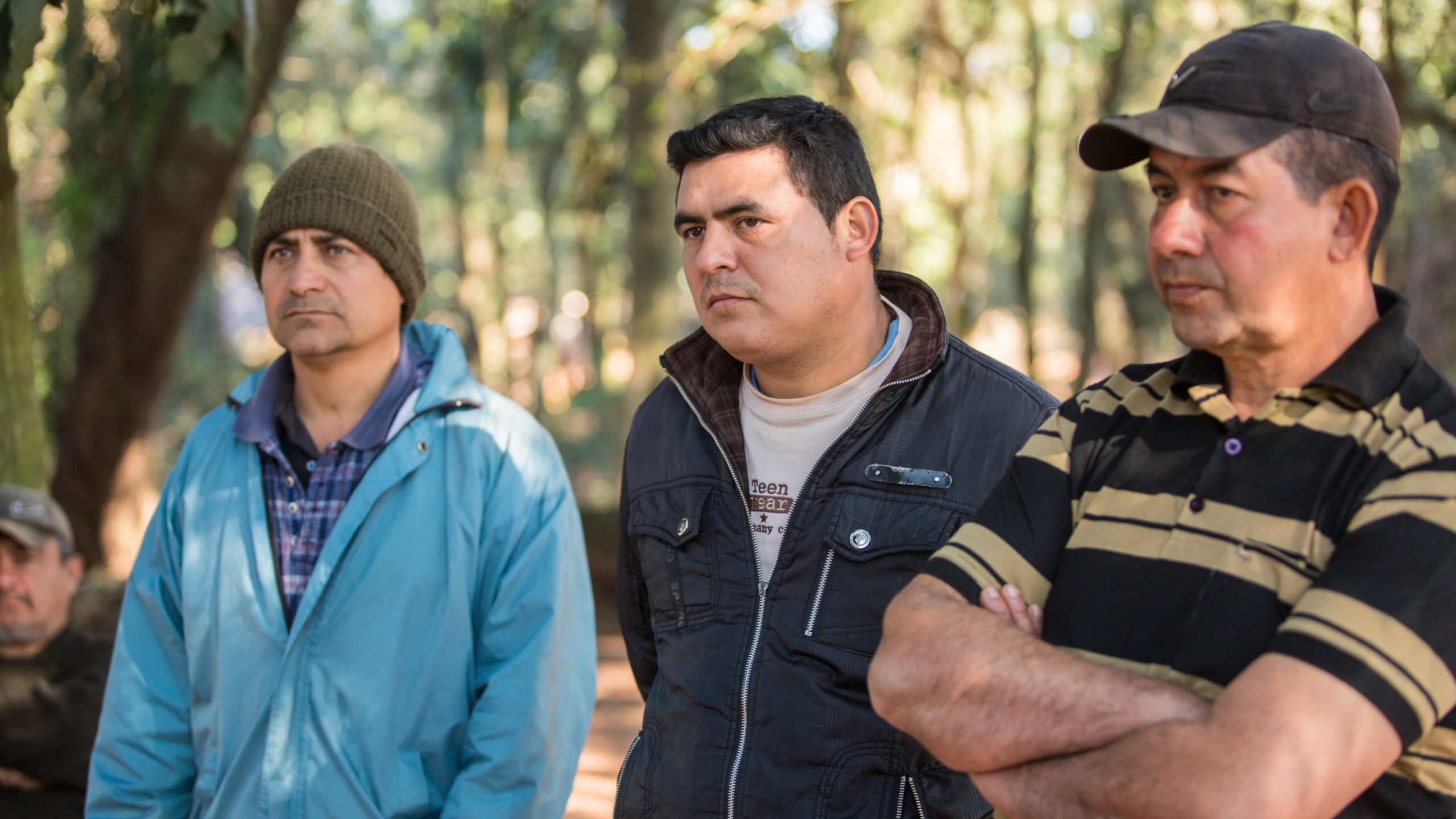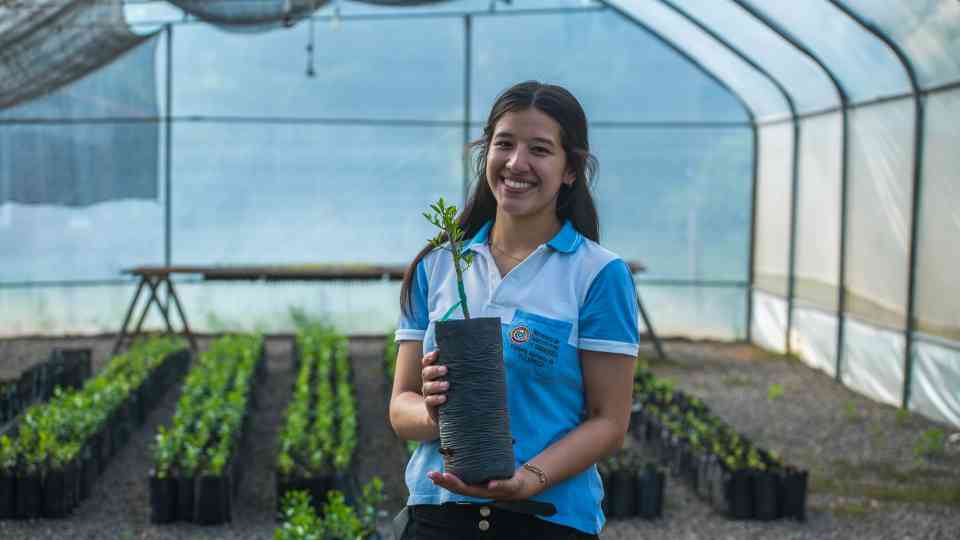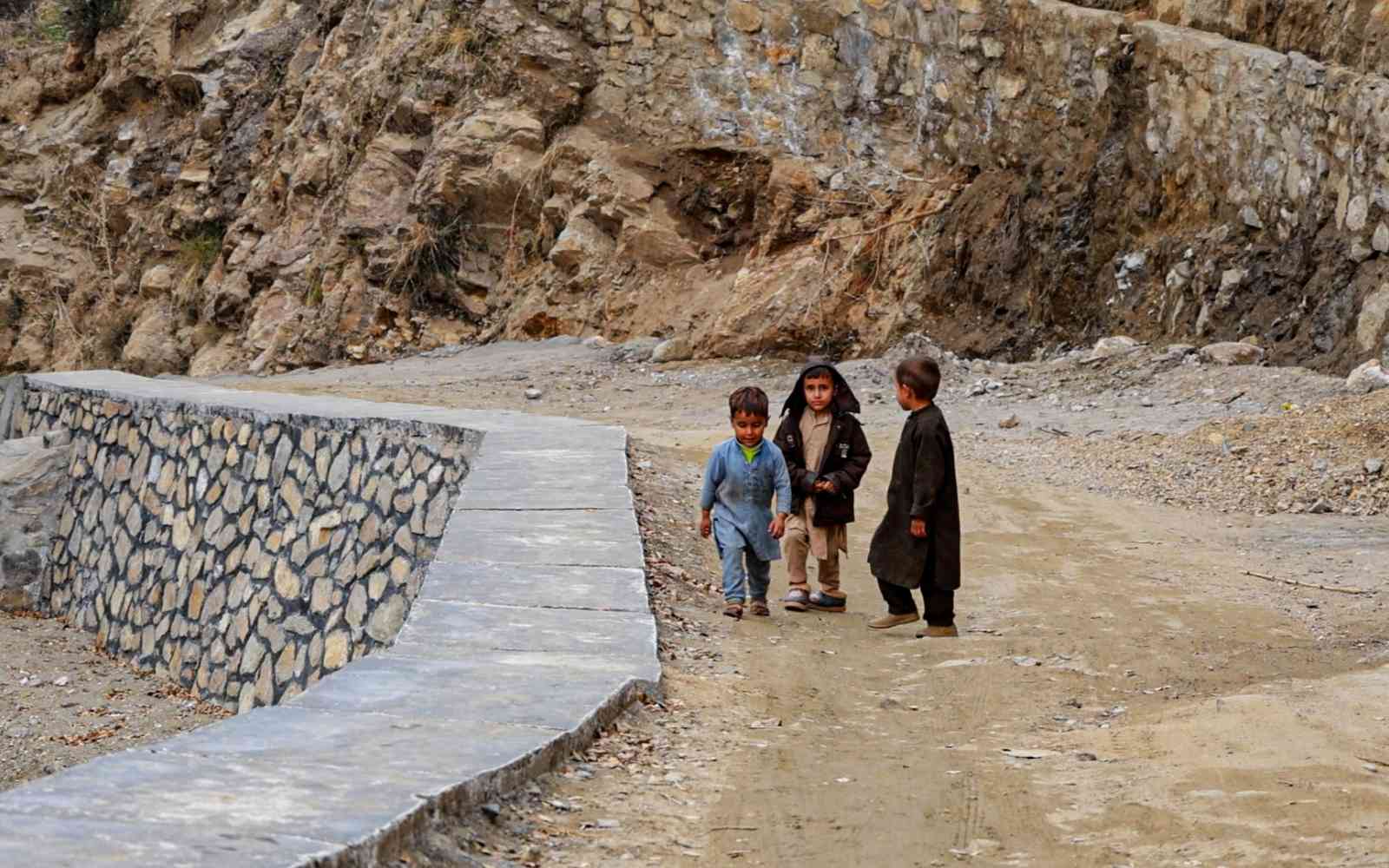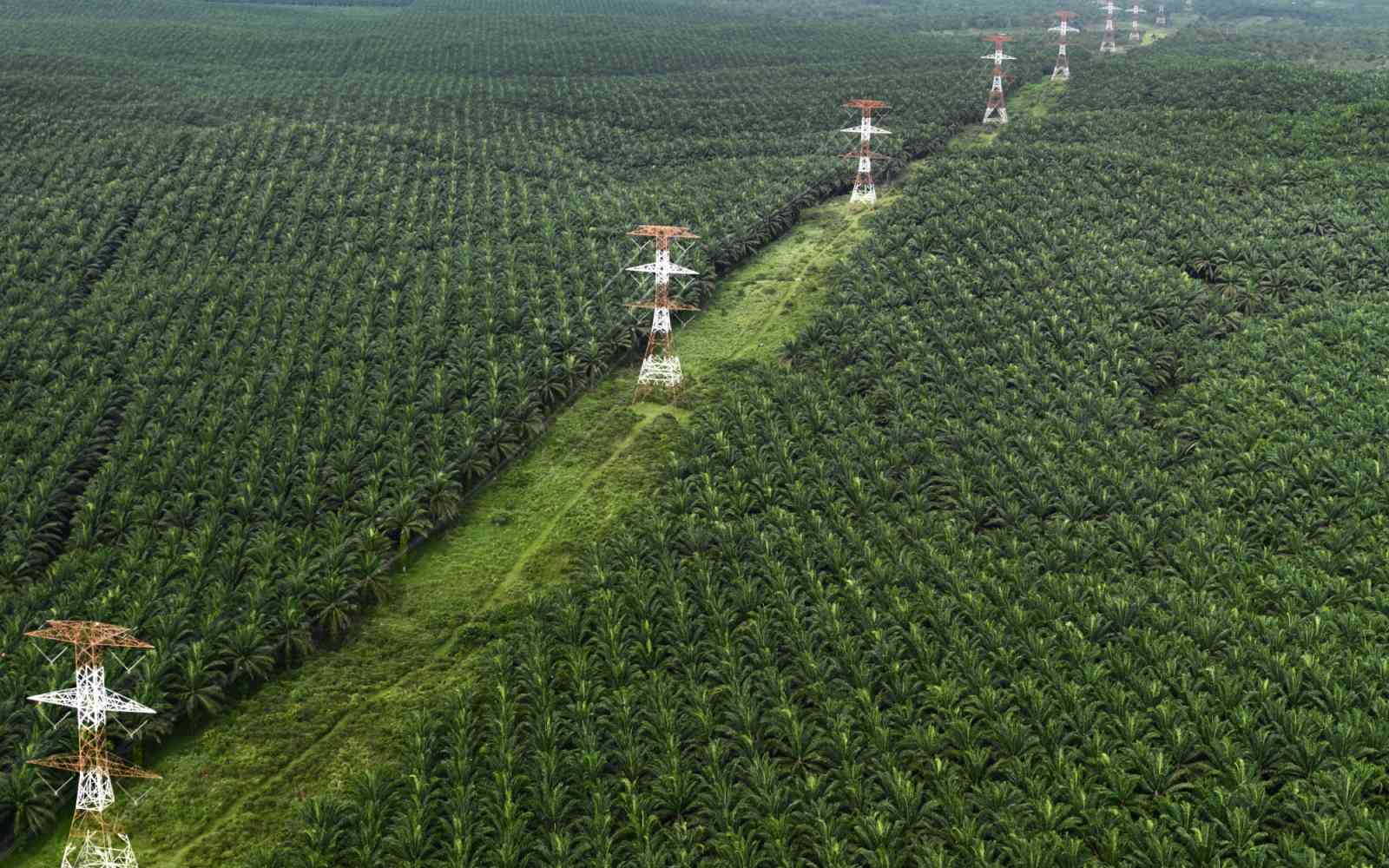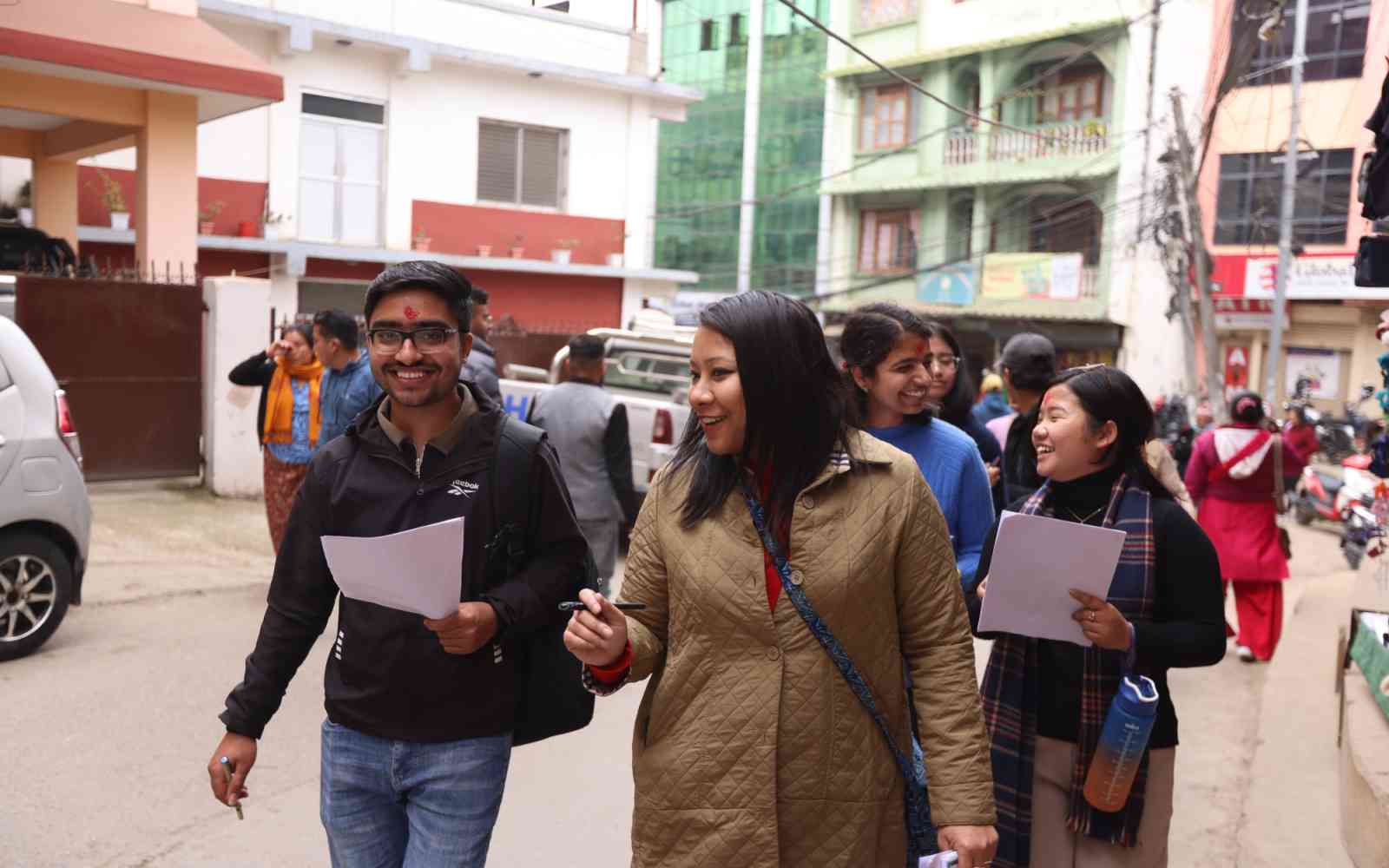The United Nations Office for Project Services (UNOPS)

To grow, eat and sell: Modernizing agriculture in Paraguay
Many people in Paraguay spend much of their time outside, farming the land around them, to feed and support their families. It can be a hard way to live.
Research conducted by the Government found that family farming represented more than 90 per cent of all agricultural operations, in a sector characterized by low productivity and limited access to land, capital and technology.
Too often, available farming methods are outdated and financial resources scarce. This means that fertile land remains uncultivated. Farming costs more for the people who can least afford it, but depend on it the most. Stagnant yields were attributed to erosion, loss of soil fertility, biodiversity loss, and concerns surrounding water use.


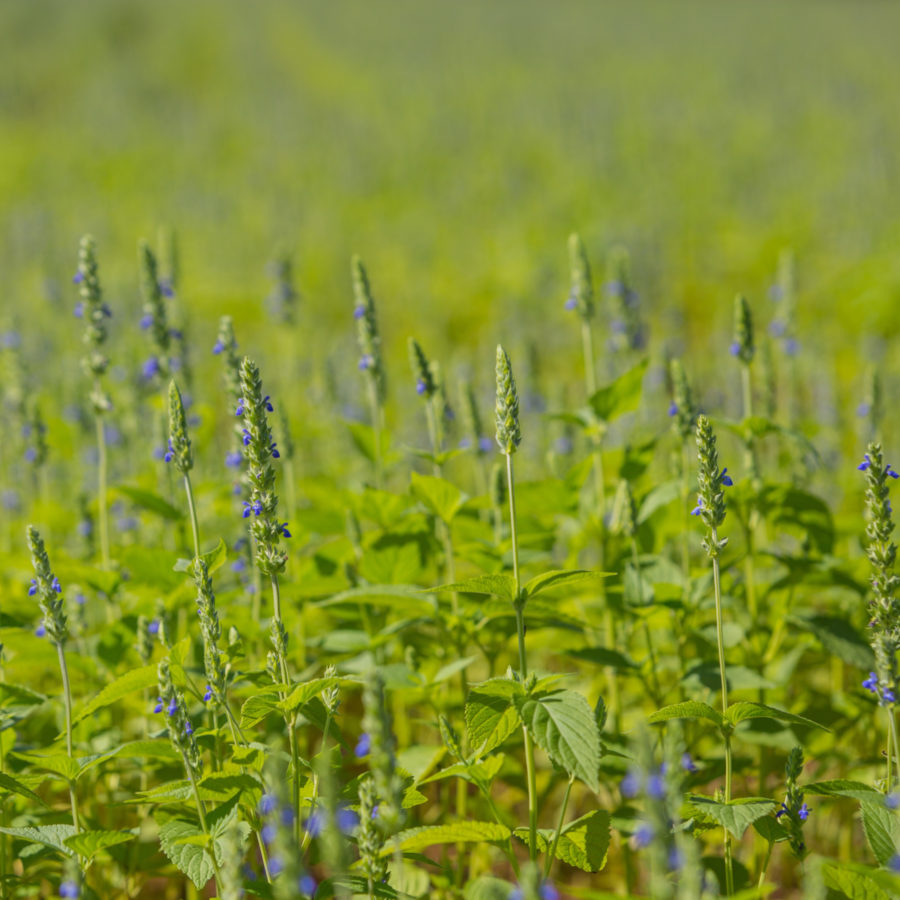

Mercedes Núñez understands the challenges all too well: Seven members of her family of ten live on Manduará’s fertile soil. Both Mercedes and her husband have farmed since childhood and are raising their children in much the same way.
The family worked around the clock to produce items for their own sustenance, as well as to earn a livelihood. They grew beans, peanuts and corn, and kept their own cows for milk. Sale of items usually earned the family around $180 a month.
However, the little area that the family uses for its crops is only a quarter of the fertile land available to them. Unfortunately, financial restraints and limited human capacity act as barriers for larger-scale agriculture. The land was left unused.
Not far away, another family faced other problems. Cecilia Espinola is a single mother. She keeps poultry and livestock, and grows a number of crops such as peanuts, cassava, corn and sesame. The sale of fresh and processed products in the local market help support the family.
Even without a formal education, Cecilia was able to manage the finances and accounts for her small farm. But unable to juggle everything herself, Cecilia hired people to help. In addition to the cost of materials, paying her workers ate into her profits, leaving little for the family.
Too many farming families across Paraguay face similar problems. Recognizing this, the Government made it a priority to modernize the sector and support thousands of farmers across the country.
Help comes to people in many ways. UNOPS is helping poor farmers access unused, fertile land, but providing the tools and support needed to cultivate their lands more efficiently. These resources help increase yields that support livelihoods of entire families, boosting one of the country’s main economic sectors.
“Due to the production growth, agricultural activities also increased. Everyone had to work. Women were included from the planning phase and their role has been very important throughout the project,” — Zenen Samudio, Farmer and President of the Coordinating Committee for Sovereignty, Lima, Paraguay.

We could sell our production, and we were also able to produce for ourselves. Thanks to the technology we used, our production improved so both the crop yield and our family income increased,”
The project helped Mercedes and her family to clean and prepare most of their previously unused fertile land for sweet potatoes. Sale of this popular tubular could earn the family $2,180 — twelve times more than they were earning before.
A happy change also came to Cecilia’s farm. With a 2,000 kg-strong crop of sesame, she reinvested her earning to strengthen her work. Cecilia took her profits to a neighbouring village, where she bought a range of wholesale products for resale at her home business. Her income helped her pay for the required permits.
About the project:
Since 2014, UNOPS has supported Government of Paraguay initiatives to modernize family farming with a range of services — contracting modern tools and machinery to support land cultivation, procuring agricultural supplies, monitoring work and managing related projects.
Projects have helped rehabilitate over 40,000 hectares of agricultural land, strengthening food security and livelihoods for land users. Seventy agricultural centres were rehabilitated in 2017, and more than 13,000 hectares of land were improved in around 150 rural villages. The work has strengthened food security and livelihoods of many women, men and children in Paraguay.







